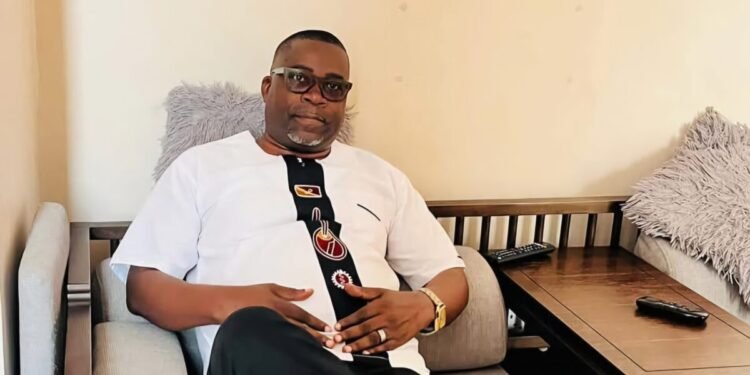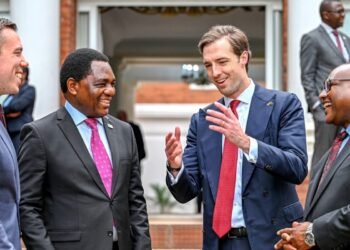Sham NRC issuance may rig 2026 poll outcome
By Tony Nkhoma
THE validity of the outcome of Zambia’s 2026 general elections hangs in the balance because of government’s manipulation of the issuance of national registrations cards (NRCs), politician Sensio Banda has said.
Banda, former Kasenengwa member of Parliament, said government was deliberately marginalising certain regions in the issuance of the NRC and only concentrating on United Party for National Development (UPND) strongholds.
He said NRCs being issued in opposition-dominated regions, particularly in the northern parts of Zambia would record a massive invalidation during the voter registration exercise.
“Reports from Zambia’s Northern, Muchinga and Luapula provinces paint a worrying picture of an exercise plagued by an uncanny series of technical challenges?” Banda said.
He said in an interview government should not prioritise UPND strongholds by giving them machinery that was in perfect working condition while using faulty and obsolete machines in the perceived opposition regions like Northern Province.
“Yet, mounting evidence from Zambia’s recent national registration card issuance exercise suggests this foundation is cracking, raising serious concerns that a deliberate, strategic form of voter suppression is being deployed against specific regions and their populace,” Banda said.
He said the foundation of a fair democracy rested on the principle of universal suffrage, that every eligible citizen has the unobstructed right to vote.
Banda said when access to the crucial document was selectively throttled, the immediate and chilling implication was the systematic disenfranchisement of thousands of eligible voters in opposition strongholds.
He said the accounts were alarmingly consistent with appointed officers often spending days without essential supplies like ink and paper, or were hampered by faulty equipment, all deliberate problems created to deliver a specific outcome.
“In the instances where NRCs were issued, the integrity of the documents themselves was compromised, with officers reportedly resorting to handwritten details and numbers,” Banda said.
He said it was worrying that this could not be compared to the seemingly smooth, prolonged and well-resourced exercise reported in regions considered strongholds of the ruling UPND.
“The contrast is stark, suggesting a two-tiered system of government service delivery where one group receives seamless access, and another is met with institutional obstruction,” Banda said.
He said the pattern of selective failure perfectly aligned with the definition of voter suppression.
“While it may be dressed up as logistical inefficiency, the effect is what matters. When the ‘technical challenges’ overwhelmingly concentrate in regions known for their political opposition, the action ceases to be an administrative oversight and begins to look like a political strategy of exclusion,” Banda said.
He said by failing to provide a fundamental tool for democratic participation, the state risks creating a class of second-tier citizens whose voices will be muted in the next election.
“If the upcoming national voter registration exercise meets similar ‘technical challenges’ in opposition areas, with officers running out of materials, machines breaking down, or hours-long queues leading nowhere, it will solidify the suspicion that this is not an accident,” Banda said.
He said the action was a confirmation of a deliberate, calculated campaign underway to manipulate the electoral map not by winning hearts and minds, but by erasing names from the register through orchestrated technical problems.
“Zambians must demand a transparent, equitable and fully resourced NRC and voter registration exercise for all regions, or face the stark reality that their electoral process is already being undermined by the calculus of exclusion,” Banda said.
He cited complaints by Chief Mabumba of the Ushi people in Mansa that in his area, officers in the first phase only managed to record a mere 150 people across Katangwe and Mantumbusa villages.
“The traditional ruler’s frustration is palpable, pointing to the inadequate supply of materials in Mansa District, an issue he rightly stressed that it impacts not just voting, but citizens’ ability to access empowerment initiatives and developmental programmes,” Banda said.
He supported Chief Mabumba’s appeal to the government to ensure every citizen had access to an NRC.
An NRC was a fundamental right and should be treated as a national imperative.

























